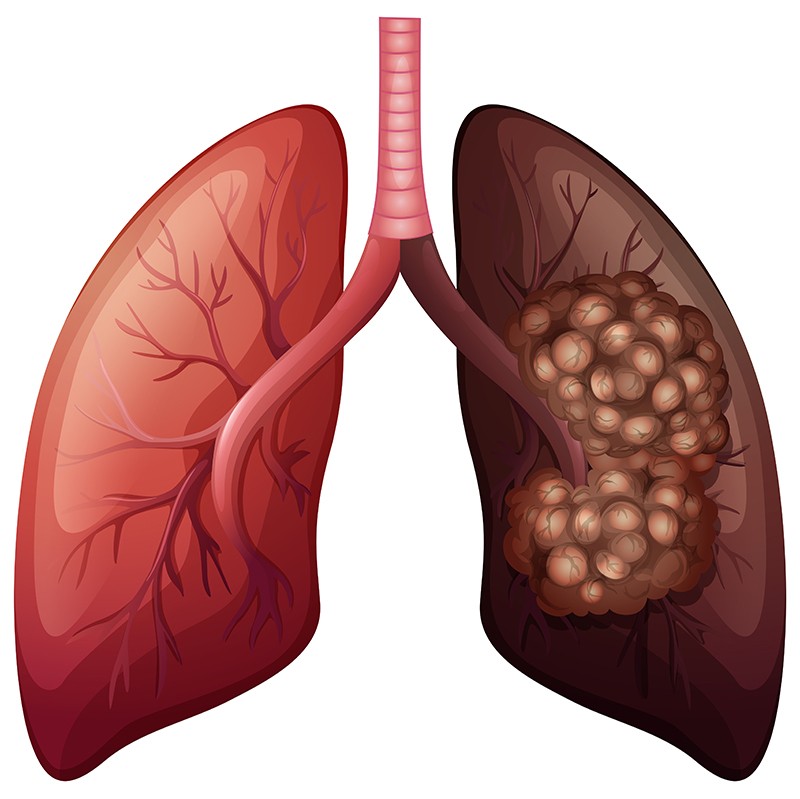Lung cancer is a leading cause of cancer-related death in the United States. Many lung cancers are preventable. Inhaling cancer-causing substances such as tobacco smoke may lead to lung tissue changes shortly after exposure — so-called precancerous changes.
Once your lung cancer has been diagnosed, doctor will work to determine the extent (stage) of your cancer. Your cancer's stage helps you and doctor decide what treatment is most appropriate.
Staging tests may include imaging procedures that allow doctor to look for evidence that cancer has spread beyond your lungs. These tests include CT, MRI, positron emission tomography (PET) and bone scans.
The stages of lung cancer are indicated by Roman numerals that range from 0 to IV, with the lowest stages indicating cancer that is limited to the lung. By stage IV, the cancer is considered advanced and has spread to other areas of the body.
